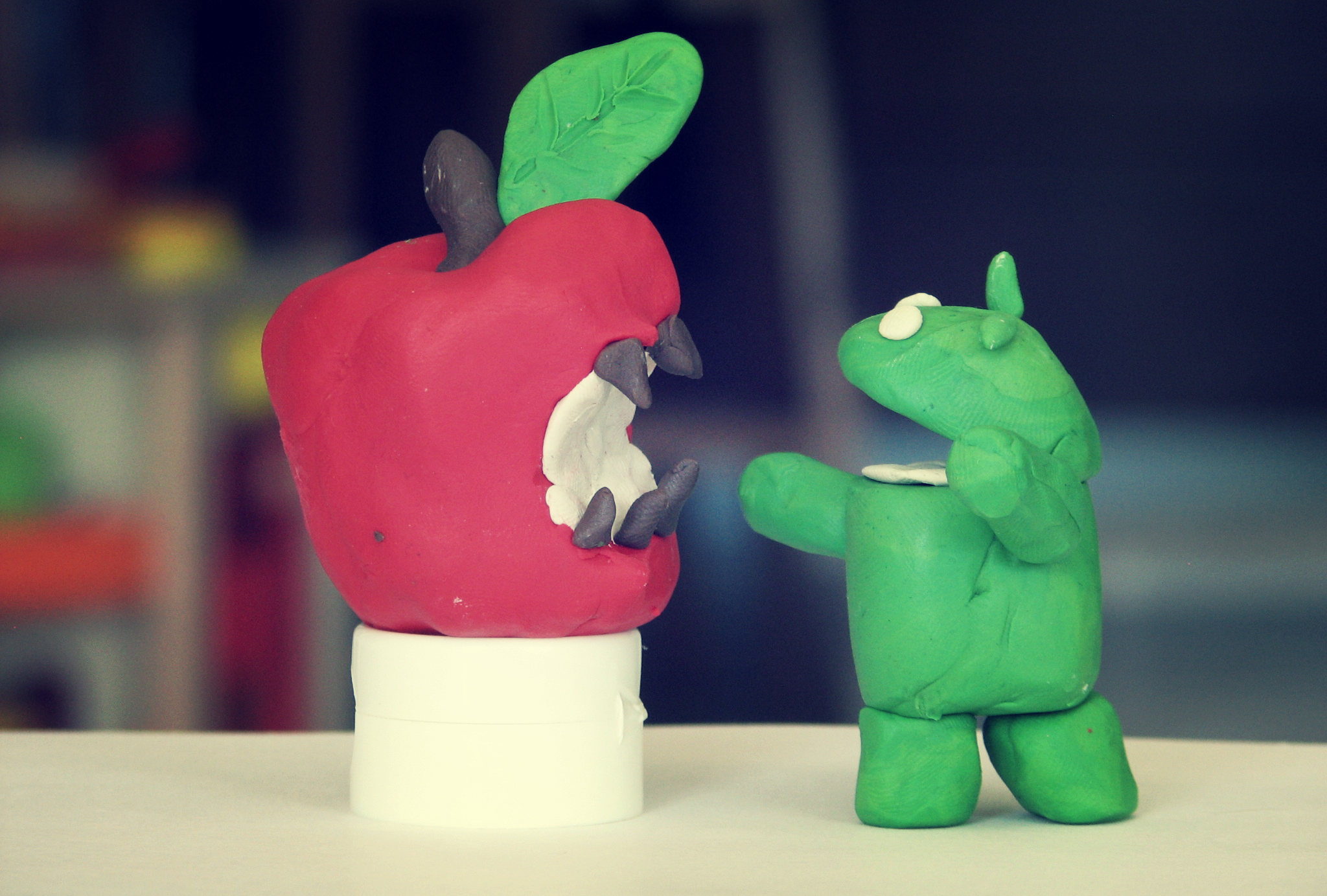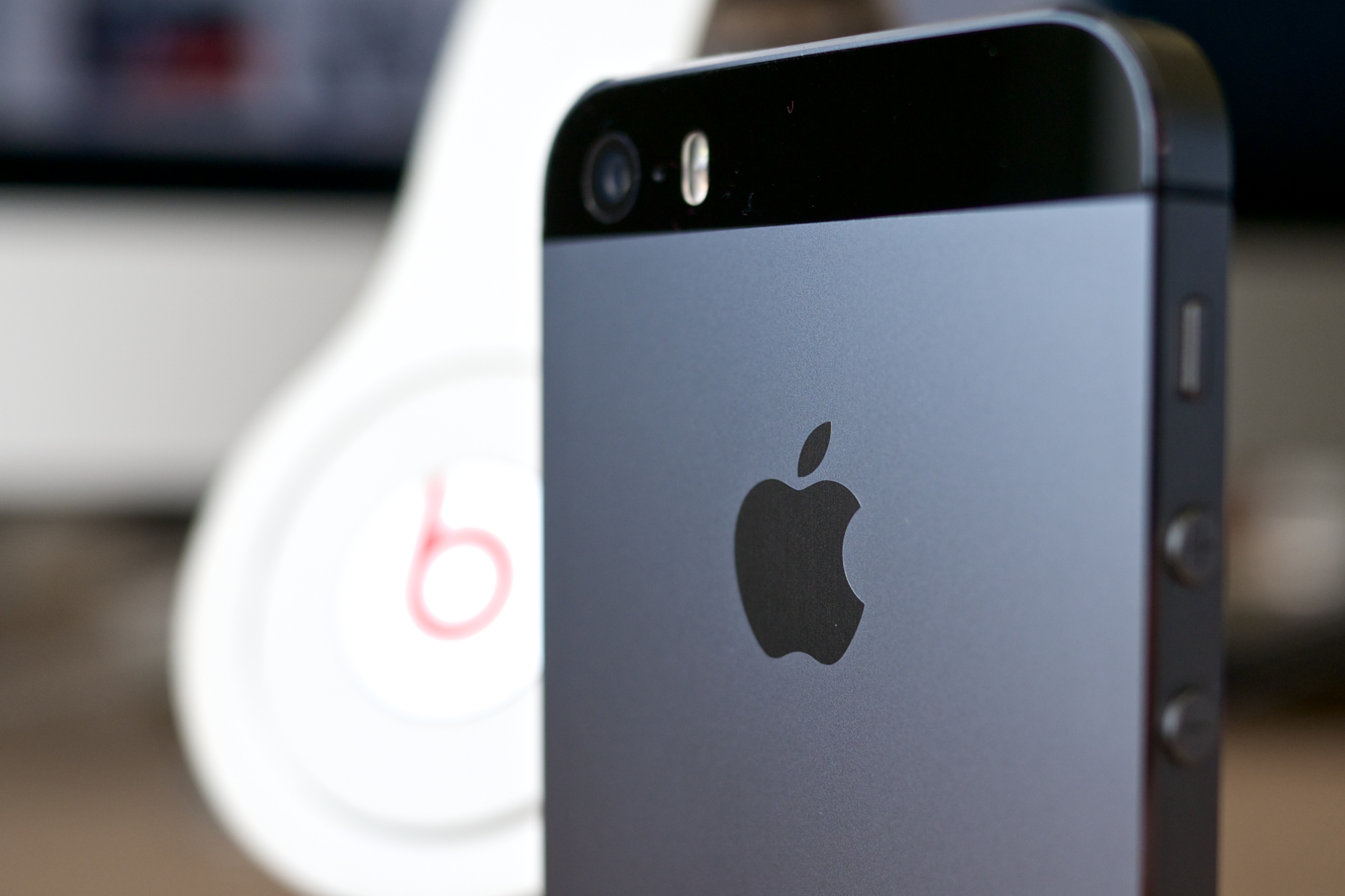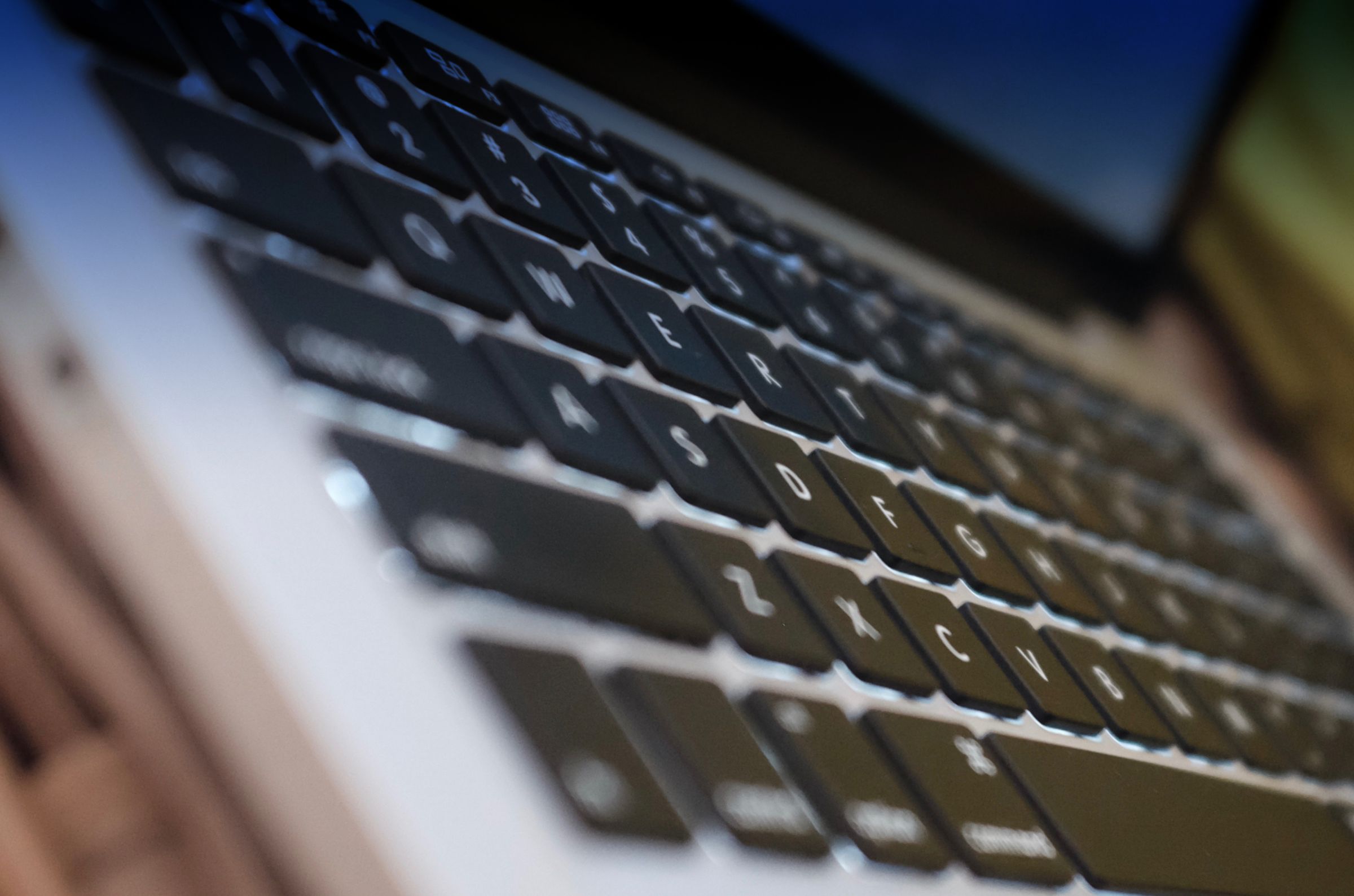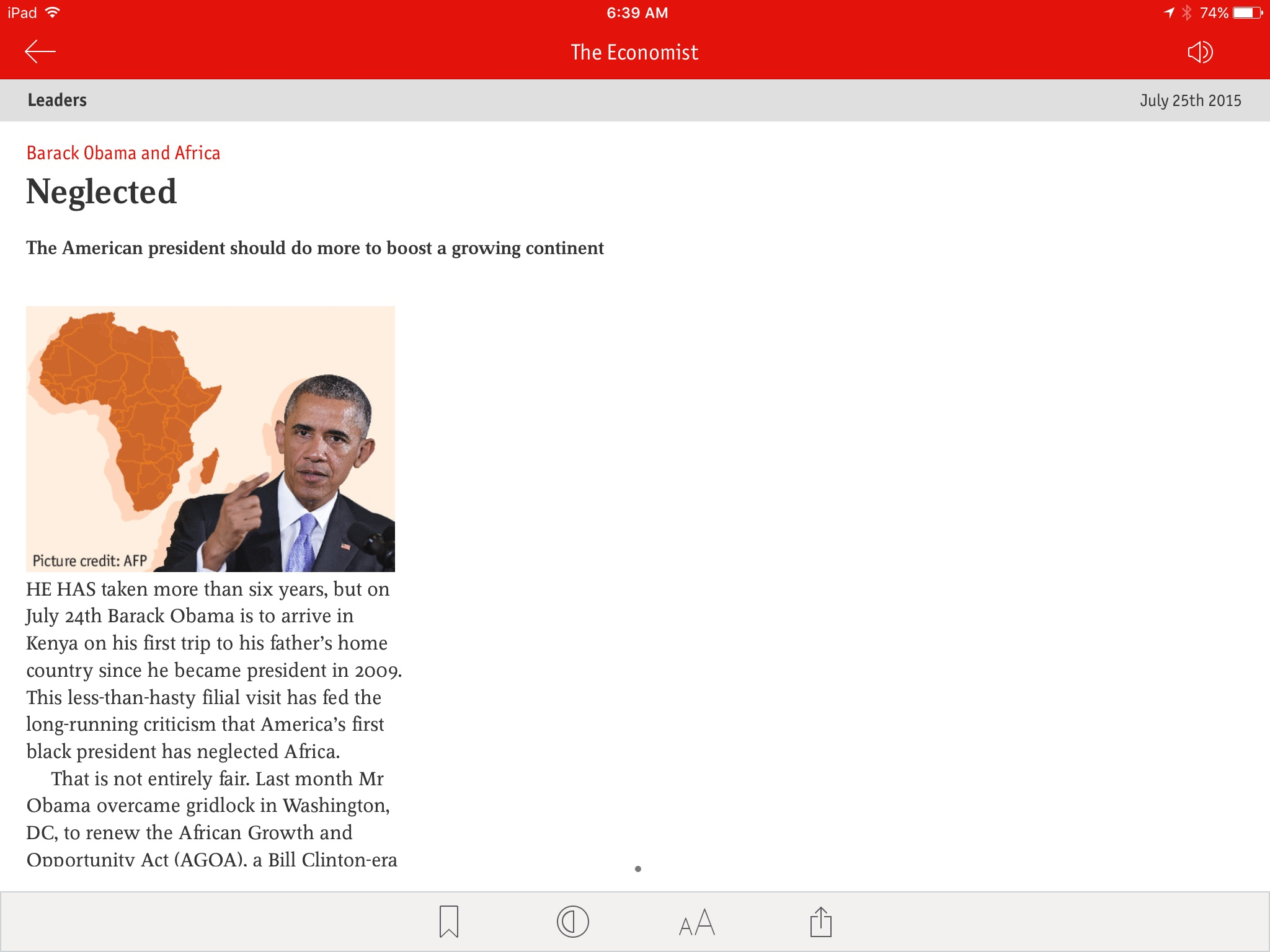The haughty headline from yesterday’s Apple fiscal fourth quarter 2015 earnings report isn’t big revenue or profit performance ($51.5 billion and $11.1 billion, respectively), but a figure given by CEO Tim Cook during the analyst call: “We recorded the highest rate on record for Android switches last quarter at 30 percent”.
Blogs, and some news sites, set the statement off like an atomic blast of free marketing for Apple. The fallout spreads across the InterWebs this fine Wednesday, largely undisputed or corroborated. Just because Cook claims something doesn’t make it true. To get some perspective, and to either correct or confirm the public record, today I asked a half-dozen analysts: “Does your analysis of the smartphone market support that assertion?”







